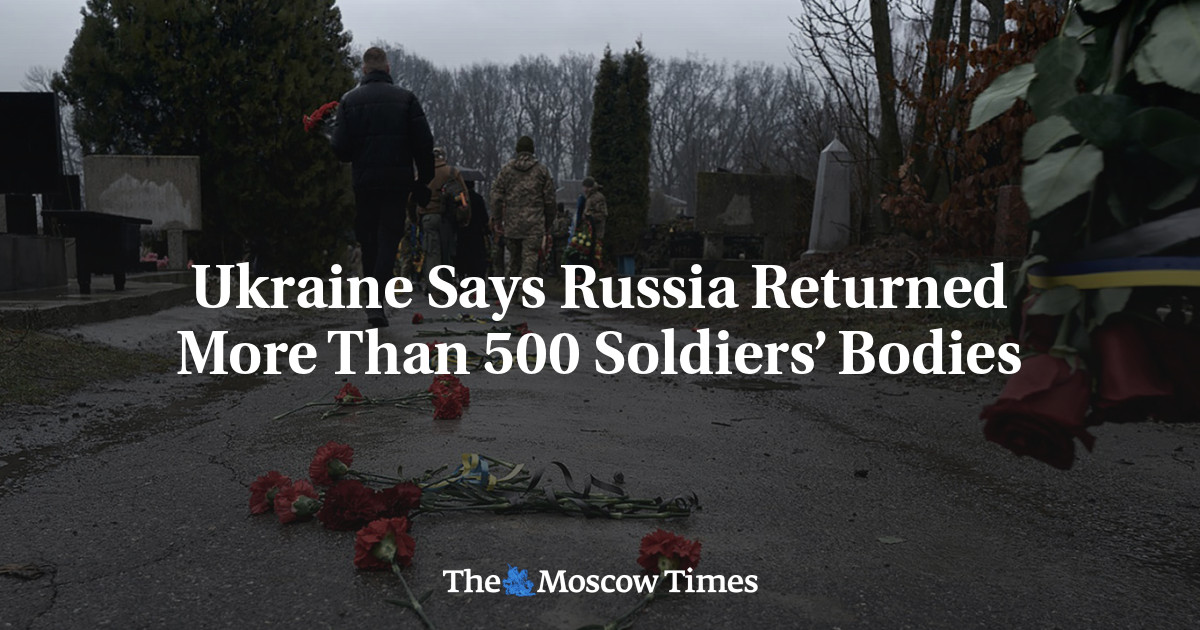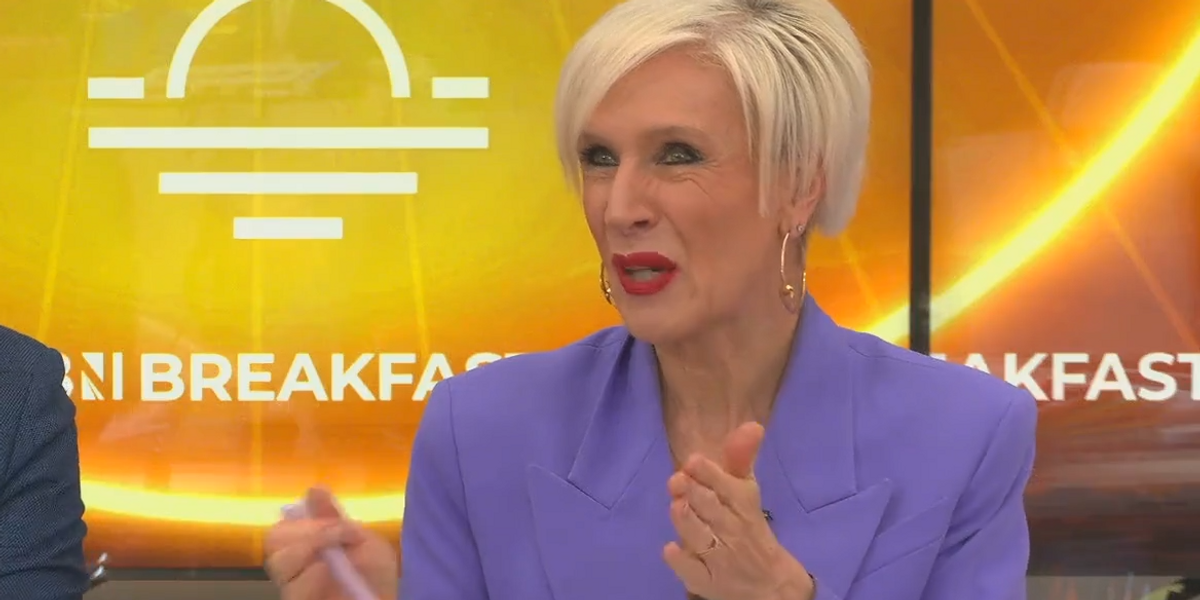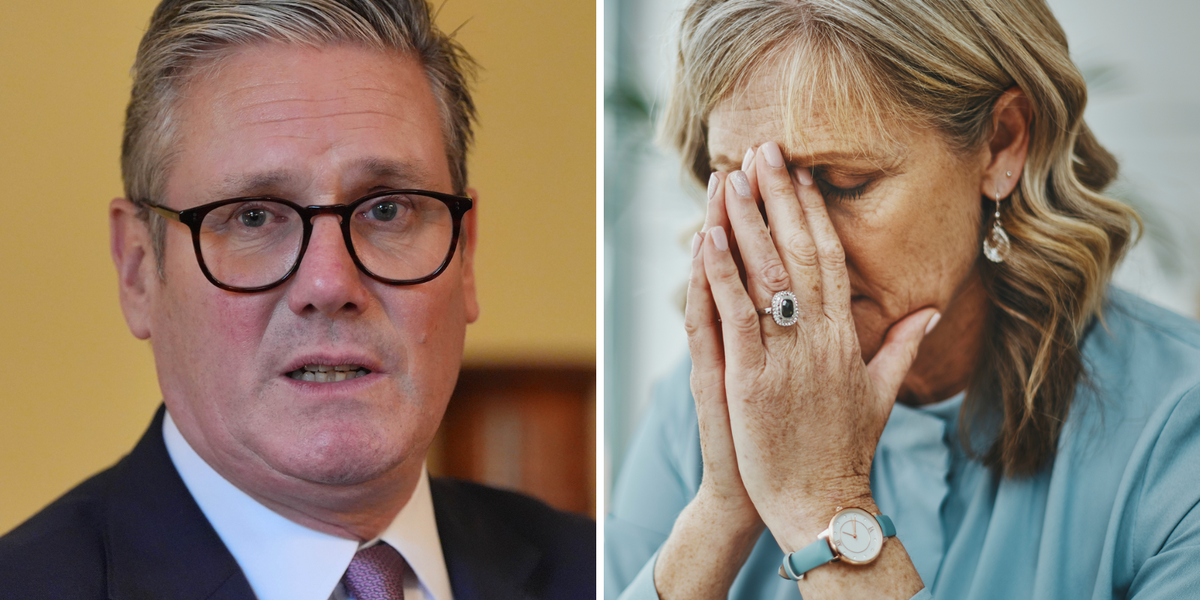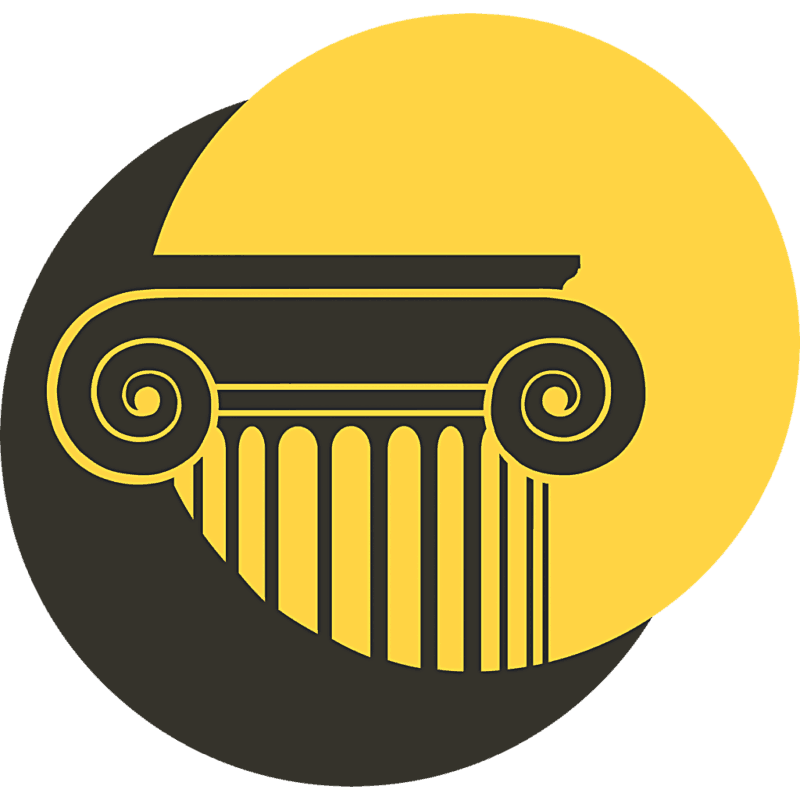We who believe in Jewish unity have to be the strong ones who take the first step with our brothers and sisters, some of whom might not understand our position.
By RAPHAEL SHUCHAT NOVEMBER 29, 2024 13:25 Religious and secular Jews gather on the eve of Tisha B’Av outside Independence Hall in Tel Aviv to hear the annual reading of the ‘Scroll of Lamentations’ on July 26, 2023.
(photo credit: TOMER NEUBERG/FLASH90)
Religious and secular Jews gather on the eve of Tisha B’Av outside Independence Hall in Tel Aviv to hear the annual reading of the ‘Scroll of Lamentations’ on July 26, 2023.
(photo credit: TOMER NEUBERG/FLASH90)
The ongoing war in Israel has created an atmosphere of self-reflection within many elements of Israeli society.
I see this as a positive development. Groups have sprouted, trying to create dialogue and break barriers. Some people are reconsidering their ideas concerning the state and its future, and all this is a positive development.
The divisive elements are still there, especially among the far Left and the far Right, but the 80% in the middle, which I refer to as the silent majority, are taking stock and trying to understand what happened to us.
What went wrong? Finger-pointing is easy. The Right says that the left-wing demonstrations were at fault, and the Left blamed the over-activist attempt of the government to push judicial reform.
Both arguments hold some justification, and both sides see this as justifying their hatred for the other side.
Unfortunately, in life, being correct does not solve the problem. Israel has the most diverse Jewish population in the world.
With olim (immigrants) from more than 50 countries, it’s no wonder people think differently on a multitude of issues, politics being only one of them. The miracle of Israeli society is that we have had such a diverse ingathering of the exiles and still see ourselves as one people.
The prophet Amos said: “You alone have I singled out of all the families of the Earth” (Amos 3:2). Amos referred to us as a family. Very often, students in my conversion class ask me to define the Jewish people.
Are we a creed, an ethnicity, or a people?
I start by saying that we are both a nation and a faith community, but in the end we are a family going through history together.
Some people are born into the family, and some marry into it from the outside and must accept the rules and regulations of the clan.
Stay updated with the latest news!
Subscribe to The Jerusalem Post Newsletter
However, there is another side to the family paradigm. Family members can be diverse. They sometimes grow up, believe different things, and embrace different lifestyles, but they remain in the family and respect each other (hopefully), despite the differences.
Most of us come from extended families with much diversity. I have within my own extended family haredi, Modern Orthodox, Religious Zionist, traditional, and secular relatives with diverse political views and backgrounds.
However, they are all my family. My father, when he would discuss the topic of Jewish assimilation, would tend to say, “This is what the Shoah did to us,” without assigning the blame to the individual.
EVEN THOUGH I consider myself a bit of a philosophic individualist, many would see me as being part of the Modern Orthodox or Religious Zionist clan within the family; therefore, I want to address something that worries me about certain statements I have heard recently from within broader Orthodox circles.
In one case, a rabbi and, in another case, an academic, upon being asked about issues concerning left-wing secular Jews, answered, “Within 20 to 30 years, there won’t be any of these types of Jews anymore; they are nervous because their numbers are dwindling.”
This reminds me of stories that were told in the 1950s in Israel and abroad when secularists thought that religious Judaism was a dying phenomenon in the modern world.
I could point out that Jewish communities tend to work like ping pong, in which one generation is religious, another traditional, and another secular, and after a while the pendulum swings back again.
The powerful message of Rabbi Kook
However, what really bothers me about such statements is that I fear the message of Rabbi Abraham Issac Kook has been lost.
Rav Kook made aliyah in 1905, at a critical point in pre-state Zionism. At the time, he was invited to preside as the rabbi of Jaffa and the surrounding settlements.
This was the time of the Second Aliyah, during which 35,000 Jews, mainly from Russia, immigrated to Israel.
Many of these individuals would become prominent leaders of the future State of Israel and had two things in common: They were all from religious families, and they all rebelled against Jewish observance in varying degrees, replacing their religious identity with a Zionist one; what we would refer to today as datlashim or chozrim be’sheelah.
Rav Kook showed love and respect to all, without any differentiation or preference.
He convinced Rabbi Yosef Chaim Sonnenfeld of the Old Yishuv in Jerusalem to join him in 1913 to visit the various kibbutzim of the First and Second Aliyah.
For Rav Kook, this was a dream come true, trying to interface with the Jews he so wanted to understand and for them to understand him.
Upon arriving at Kibbutz Merhavya, an extremely secular kibbutz, the delegation of rabbis entered the dining hall, and one brazen kibbutznik walked right up to them and said: “You are wasting your time here. You have nothing to teach us.” Without batting an eye, Rav Kook answered: “We did not come here to teach. We came here to learn.”
THIS LOVE for all rubbed off on the entire Jaffa community where he presided as rabbi. The story is told that Yosef Haim Brenner, known for his anti-religious views, once saw Rav Kook walk down the street in Jaffa and walked carefully behind him, placing each foot in the place where Rav Kook had walked.
When asked what he was doing, he said: “Who knows, maybe some of him will rub off even on a fellow like me.”
There are those who argue that Rav Kook saw secular Zionism as a passing phase before the state was completely built, and then it would be transformed.
Maybe, but this was due to the belief Rav Kook held that Israeli society would eventually mature and transform into a new and vibrant Jewish identity, not that this or that group would leave. Ideas come and go but the people have to be accepted as they are.
Rav Kook believed that the secularist Second Aliyah was part of the divine plan, as he explains in his Neshamot shel Olam Hatohu, Ma’amar Hador, and passages in Arpelei Tohar. This was not an accidental occurrence.
Rabbi Yochanan Fried tells a story that when he was a young student at the Mercaz Harav yeshiva, he was sent with some of his peers to attend a meeting of religious and secular young people.
When he returned, Rabbi Zvi Yehudah Kook, the rosh yeshiva (dean) and Rav Kook’s son, asked him what had happened at the meeting.
He said they sat there with young kibbutzniks, and the moderator asked what they could learn from us.
The kibbutzniks said they could learn about commitment to study and to their way of life. Then he told Rav Zvi Yehudah that upon being asked what he could learn from them, he said, “Nothing.” “Nothing?” Rav Zvi Yehudah retorted. “What about their commitment to working the land, to communal life, to defending the Land of Israel…and you said nothing?” He was in total shock.
God wants all the Children of Israel in this country “and devises means that none of us be banished” (Samuel II 14:14), and we need to accept that. We also need to accept that we can learn something from everyone. We do not want to lose anybody.
We need everyone, and it does not matter whether we agree with them or not. We need the secular and the religious, the right and the left-wingers, intellectuals and the simple folk, the Sephardim and the Ashkenazim.
I will go further and say that I even want the guy in reserves who kept telling me to go back to Canada and the cook who swore he would hang all religious people (and then said he wasn’t referring to me).
I want the clerk at the university who told me that North Americans are rich, so they don’t really need the salary, and the lady who told me that all religious people are illogical fanatics.
Beyond the hate
BEHIND THE façade of rhetoric and seeming hate, when push comes to shove, they will all be there for me and for you. Besides, who said that everyone has to be a copy of the other? The Midrash says: “Just as their faces are different, so are their opinions” (Numbers Rabbah 21:2). This is a truism of society.
Rav Chaim of Volozhin writes that the best way to overcome an adversary is to look for a reason in your heart why you really should love him or her, and this will make it difficult for him or her to hate you.
Some people understand this as a segulah (mystical reward). I understand it as a truism. If there are Jews whom we disagree with, we have to let them know that despite our differences, we love them as brothers and sisters. That’s all they have to hear.
We who believe in the importance of the unity of the nation of Israel and of the Jewish people worldwide should be the first to embrace the other, even if the other seems critical of us.
King Solomon writes in Proverbs, “If your enemy is hungry, feed him bread” (Proverbs 25:21), which refers to a seeming enemy among ourselves. If you feed them, they will understand that you are not the enemy.
Years ago, a friend of mine told me that he had a fallout with a colleague who blamed him for something he didn’t do in order to cover up his own blunder, and they had not spoken for a year. He told me that he is not happy with the situation, but he sees no point in making amends with someone who hurt him.
I consulted with my brother-in-law, a rabbi as well. He said that in such a case, the one who sees the problem should make the move to mend it, even if the other side is at fault.
This is what I told the fellow, and consequently he met with this colleague and said to him that he would like to put their fallout behind him. The colleague was surprised and immediately apologized for what happened.
We who believe in Jewish unity, in the value of the Jewish state and its historical meaning, have to be the strong ones who take the first step with our brothers and sisters, some of whom might not understand our position.
We need to tell them that we need them, that we respect them, and that we cannot continue without them because they are part of the family.
Then we will win their respect, and the family will be given another chance to bring itself together.
As King David wrote: “For the sake of my brothers and friends, I say may peace be among thee” (Psalms 122:8).
The writer, a rabbi, is a senior lecturer in Jewish thought at Bar-Ilan University.

 By The Jerusalem Post (World News) | Created at 2024-11-29 11:40:08 | Updated at 2024-11-29 13:40:13
2 hours ago
By The Jerusalem Post (World News) | Created at 2024-11-29 11:40:08 | Updated at 2024-11-29 13:40:13
2 hours ago








